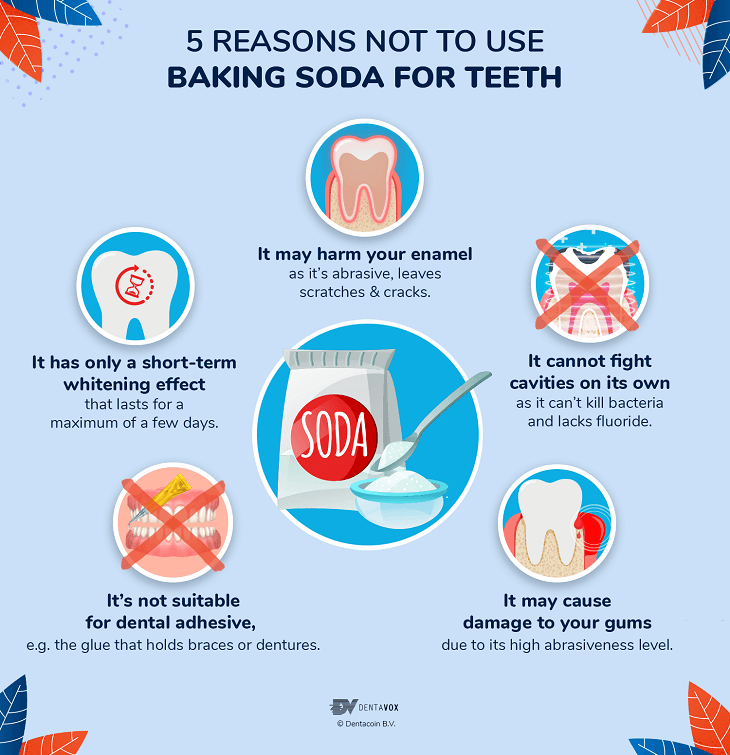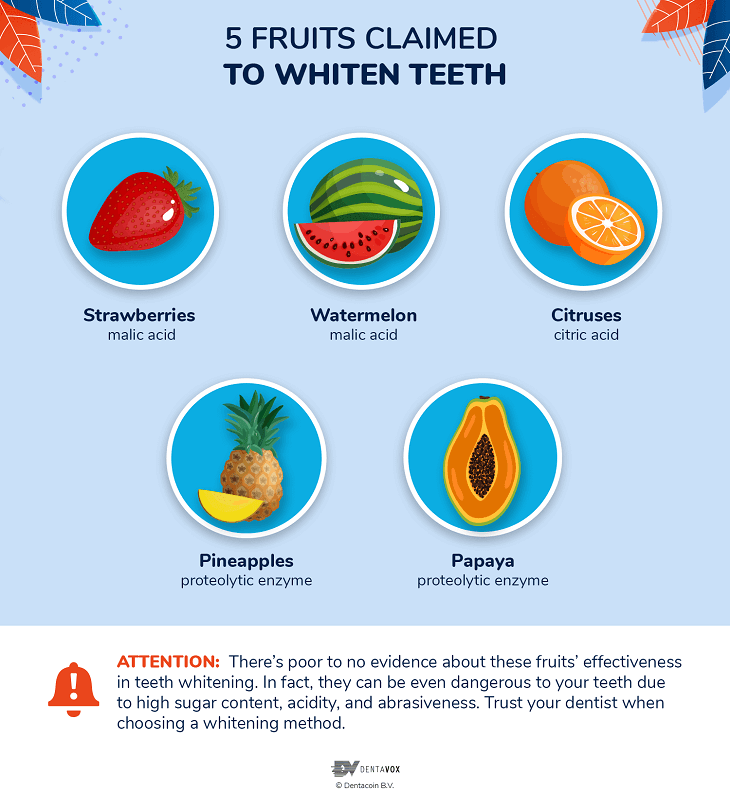More and more people are striving to live in a more natural and sustainable way. Decades-long research on the negative effects of numerous synthetic products is pushing people to think carefully about how we surround, feed, and treat our bodies.
This trend, quite naturally, reflects on healthcare as well. Instead of using traditional synthetic oral care products, some people turn to older techniques, fruits, and other plants. But are they safe and effective?
The DentaVox Surveys platform explored the perceptions of myths and facts about natural remedies for teeth among 3058 respondents.
See the curious results below.
1: Tea tree oil can help kill bacteria in your mouth: Fact
Don’t get us wrong: some natural products do have proven effectiveness in certain regards. It is proven that tea tree oil, for example, has antimicrobial properties even against resistant bacteria such as E. coli. According to 56 per cent of DentaVox respondents, tea tree oil has the same effect on bacteria in the mouth.
And there is scientific evidence supporting this fact. The study even compares chlorhexidine mouthwash with tea tree oil, pointing out that both therapies are effective against plaque and bleeding gums, with tea tree oil being more helpful against gum issues.
2: Saltwater rinse will relieve toothache: Myth
The majority of survey participants, nearly 60 per cent, think that a saltwater rinse can relieve toothache.
However, more often than not, relieving pain doesn’t solve the underlying problem.
A saltwater rinse may be a temporary aid, but toothache is often a symptom of more serious dental issues such as caries or pulp infection. Don’t try to alleviate its symptoms, call your dentist as soon as possible to treat the actual problem.
Read: 10 myths and facts about dental fillings
3: Baking soda is safe for cleaning stained teeth: Myth
Baking soda has been people’s to-go treatment for numerous issues from the stomach, through to the skin, to teeth. 62 per cent of DentaVox interviewees believe that it is completely safe to use baking soda to clean stained teeth.
Although there is some research on its effectiveness, the safety of scratching your teeth with baking soda is highly questionable. Here are just a few reasons why you had better skip it in your routine.

4: Cranberries are useful for caries prevention: Fact
Research shows that the polyphenols in cranberries significantly reduce the incidence and severity of smooth surface caries (for now, in animal models). On top, cranberries are buckled-up with antioxidants outranking almost any other fruit, so next time you stop by the supermarket, don’t forget to stop by the fruit section. But remember, cranberry jam doesn’t count.
5: Apple cider vinegar naturally cleans and whitens teeth: Myth
Nearly 40 per cent of DentaVox survey participants think that apple cider vinegar is yet another home remedy that can be successfully used for cleaning and whitening teeth.
The experts’ verdict: avoid it at all costs. Apple cider vinegar is highly acidic, which means that it gradually destroys the protective layer on your teeth (tooth enamel). Once the tooth enamel is gone, the dentin below starts showing, and – guess what – your teeth not only do not shine as before but they also start to look yellow.
Read: Dental expert tells what happens to our teeth as we age
6: Cloves have anti-inflammatory properties: Fact
The majority of respondents (71 per cent) are aware of the anti-inflammatory properties of cloves.
Even though more specific research is needed, several studies conclude that cloves have the potential to prevent plaque and reduce inflammation because of their antiviral and antioxidant properties.
7: The riper the strawberries, the less harmful to teeth: Fact
Several fruits have been enjoying the fame of natural teeth whiteners. Strawberries are among them. Although proven to be harmful to tooth enamel due to their high content of sugar and citric acid, applying ripe strawberry mash on teeth instead of rubbing them can be at least a better idea. The riper the strawberries the higher the concentration of malic acid compared to the more harmful citric acid, and it looks like 42 per cent of our respondents have already researched this fact.
What other fruits are claimed to whiten teeth and due to which ingredients? See below.

8: Replacing mouthwash with green tea has only benefits: Myth
Mouthwash is a regular participant in people’s oral hygiene routine. But can it be replaced completely with a natural alternative such as green tea? According to 47 per cent of DentaVox survey participants, that’s not such a good idea.
Experts agree and point out that despite green tea having antimicrobial and antioxidant properties, it also has a negative impact on the tooth surface colour with tannins causing stains. Moreover, depending on the type, it may not contain sufficient amounts of fluoride to protect your teeth against cavities.
Read: Pros and cons of teeth whitening
9: Aloe vera can kill harmful bacteria in the mouth: Fact
Aloe vera is one of the most popular naturally healing plants. Nowadays, there are entire business concepts based fully on aloe vera products for different purposes.
A surprising 51 per cent of respondents think aloe vera can kill harmful bacteria in the mouth. Science supports this fact, with a 2015 review confirming that the antibacterial effect of aloe vera gel kills harmful bacteria in the mouth. It is also likely to help remineralise enamel for caries prevention, but more research is needed on this matter.
10: Coconut oil pulling is proven to whiten teeth: Myth
Respondents seem hesitant in assessing the whitening properties of coconut oil pulling. And rightly so.
Oil pulling means swishing a teaspoon of coconut oil around the mouth to whiten teeth. While this practice is claimed to remove plaque-causing bacteria, currently this is just a theory with insufficient scientific evidence.
Were you aware of any of these myths and facts? Do you try any natural teeth remedies or stick to toothpaste and mouthwash? Why not share your experience in the comments section below?
If you enjoy our content, don’t keep it to yourself. Share our free eNews with your friends and encourage them to sign up.

